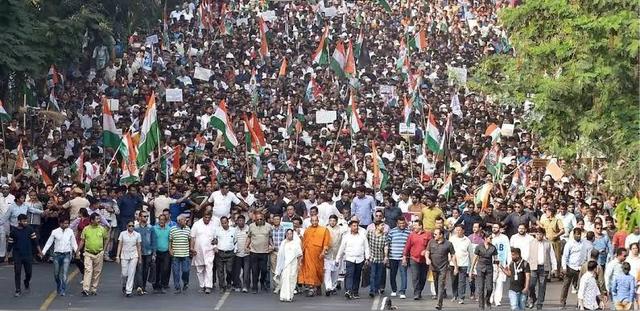China has reaffirmed its confidence and capability to contain the novel coronavirus epidemic.
This comes after the World Health Organization declared the outbreak a global emergency.
However, Director-general Tedros Adhanom Ghebreyesus says the main reason for this declaration is not because of what is happening in China.
"We don't know what sort of damage this virus could do if it were to spread in a country with a weaker health system. We must act now to help countries prepare for that possibility."
So far, China has confirmed around 9,700 cases, including over 200 deaths.
Eighteen other countries have also reported cases.
Premier Li Keqiang is urging Chinese scientists to step up research on reagents, vaccines and drugs to curb viral pneumonia caused by the novel coronavirus.
He inspected the Chinese Center for Disease Control and Prevention yesterday, and presided over a symposium with epidemiologists.
He called for efforts to discover the source of the virus, as well as to provide support for vaccine development and treatment schemes.
He also asked medical experts to summarize successful experiences in treating coronavirus patients.
Authorities are calling on domestic enterprises to immediately resume the production of medical resources as the outbreak continues.
Protective clothing, masks, goggles, negative pressure isolation ambulances, and medicines are facing shortages as the demand rises.
Enterprises in the industry are required to improve quality and report data including production capacity and inventory.
The State Council will dispatch personnel to major enterprises to help solve difficulties hindering production, and supervise the quality of medical resources.
China's top anti-graft body is vowing to strengthen supervision and deal with problems in the prevention and control of the virus.
Misconduct including dereliction of duty and misappropriation of relief funds and materials will be targeted.
Discipline inspection and supervision officials at all levels are also urged to actively perform duties during the efforts to prevent and control the outbreak.
Britain is set to leave the European Union later today.
Britain will no longer be an EU member state from Saturday.
It will then enter a transition period until the end of December that is meant to give citizens and businesses time to adapt.
During the transition, Britain will continue to apply EU laws but will no longer be represented in EU institutions.
U.S. President Donald Trump's Senate impeachment trial has headed into a final day of questions and answers before a vote on whether or not to call witnesses.
That decision is expected to send the proceedings to weeks of further action or directly to an acquittal.
Chief Justice John Roberts declined to read a trial question that named the intelligence community whistleblower whose complaint led to the impeachment investigation into Trump.
U.S. whistleblower laws exist to protect the identity of people who bring forward accusations of wrongdoing by government officials.
Democrats are pressing hard to force the Senate to call more witnesses to testify, but Republicans reportedly appear intently focused on bringing the trial to a vote of acquittal.
The U.S. House of Representatives has passed two bills seeking to curb the U.S. president's war powers.
The Democratic-led House passes a measure to repeal the 2002 authorization for the use of military force for the war in Iraq.
It also approves another bill to restrain U.S. military action against Iran without Congressional approval.
It is unclear about the fate of the bills in the Republican-controlled Senate.
The U.S. government has slapped new sanctions on Iran's nuclear program.
The sanctions target the Atomic Energy Organization of Iran and its director, Ali Akbar Salehi. The sanctions freeze any assets that Salehi has within U.S. jurisdiction.
Meanwhile, the Trump administration has renewed sanctions waivers that permit Russian, European and Chinese companies to continue to work on Iran's civilian nuclear facilities without running afoul of U.S. sanctions.

A student was injured after an unidentified man opened fire during a protest in Delhi on Thursday.
Witnesses say the man, holding a single-barrel weapon, shouted slogans against people during the protest against India's new citizenship law near a university.
Police have detained the gunman but gave no details.
More than 1,000 protesters took part in the protest against the Citizenship Amendment Act, which fast-tracks Indian citizenship for non-Muslim minorities from three neighboring countries.













